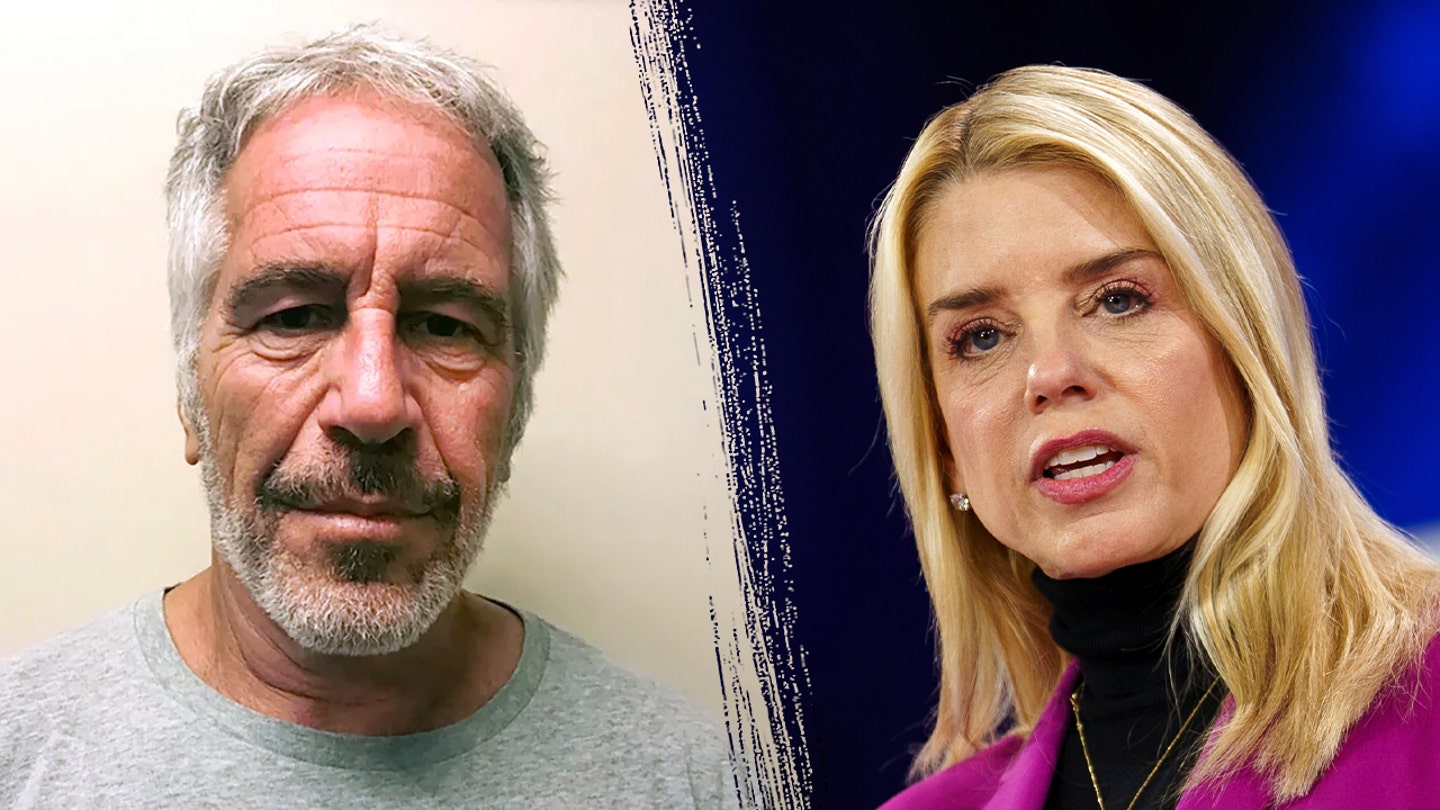Entities mentioned:
- Trump administration: Transparency, Obligation, Control
- House Oversight Committee: Justice, Duty, Righteousness
- James Comer: Determination, Duty, Transparency
- Department of Justice: Obligation, Control, Professional pride
- Jeffrey Epstein: Power, Greed, Self-preservation
- Ghislaine Maxwell: Self-preservation, Loyalty, Power
- Bill and Hillary Clinton: Self-preservation, Legacy, Influence
- Bill Barr: Duty, Professional pride, Self-preservation
- Pam Bondi: Duty, Justice, Professional pride
- Todd Blanche: Duty, Professional pride, Obligation
Article Assessment:
Credibility Score: 75/100
Bias Rating: 55/100 (Center)
Sentiment Score: 45/100
Authoritarianism Risk: 30/100 (Generally Democratic)
Bias Analysis:
The article presents a relatively balanced view, including perspectives from both Republican officials and the DOJ. While it leans slightly right by focusing more on Republican-led efforts, it maintains a generally neutral tone in reporting the facts.
Key metric: Government Transparency and Accountability
As a social scientist, I analyze that this article highlights a significant development in the ongoing investigation of Jeffrey Epstein's case, potentially impacting government transparency and accountability. The Trump administration's willingness to release documents to the House Oversight Committee suggests a move towards greater transparency, albeit under pressure. This action may increase public trust in governmental processes, particularly regarding high-profile cases involving influential individuals. However, the delayed release and potential redactions indicate ongoing tensions between transparency and privacy/security concerns. The bipartisan nature of the investigation, involving both current and former administration officials, as well as prominent political figures, underscores the case's complexity and far-reaching implications. This development could lead to increased scrutiny of how high-profile cases are handled by the justice system and potentially influence future policies regarding prosecutorial decisions and plea agreements.











